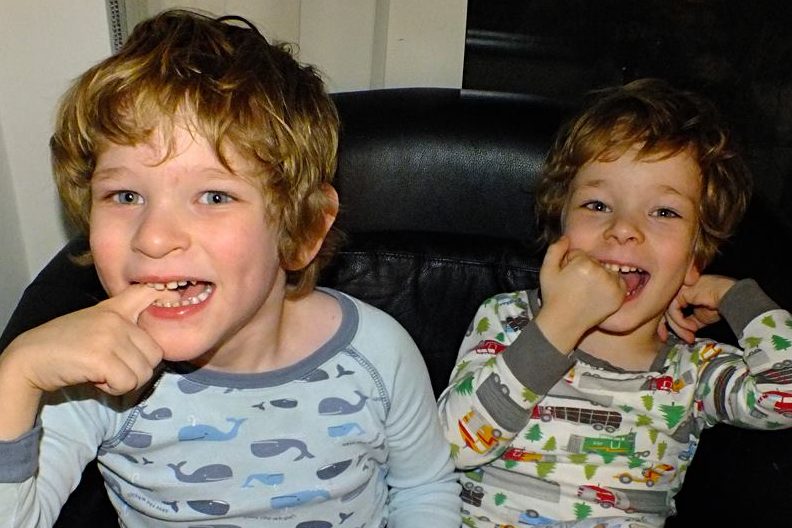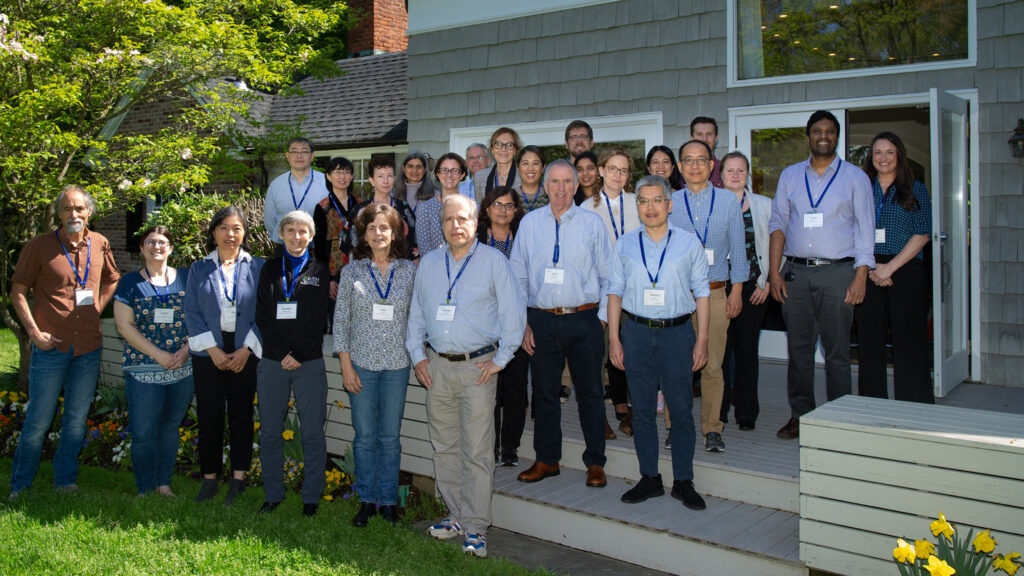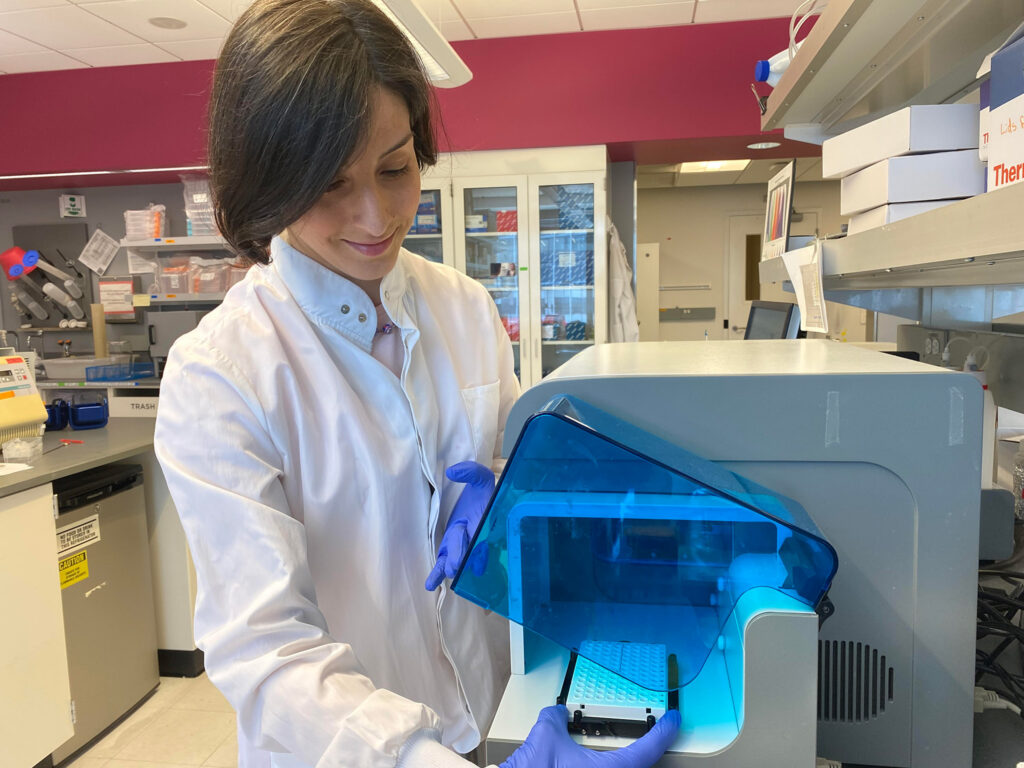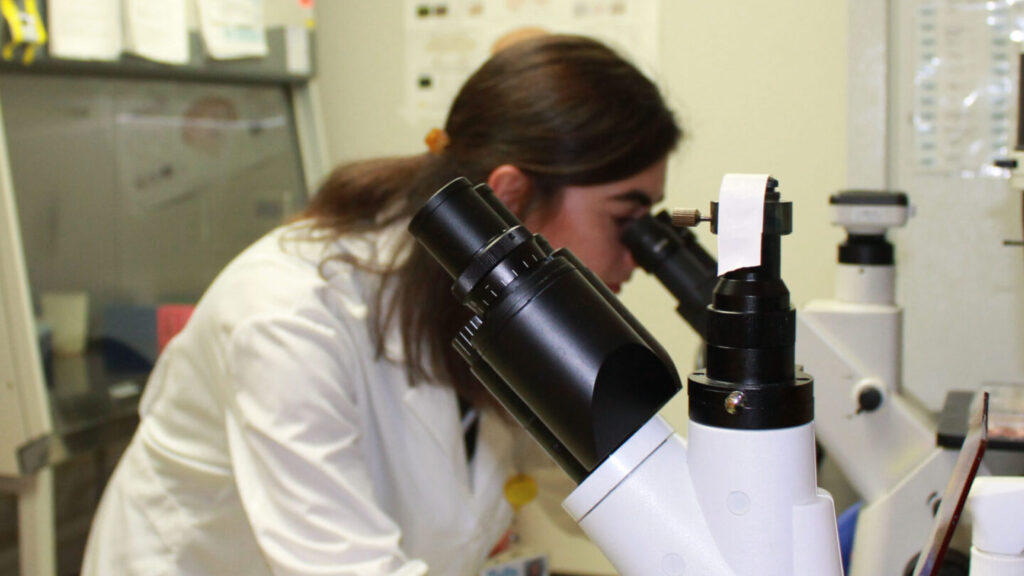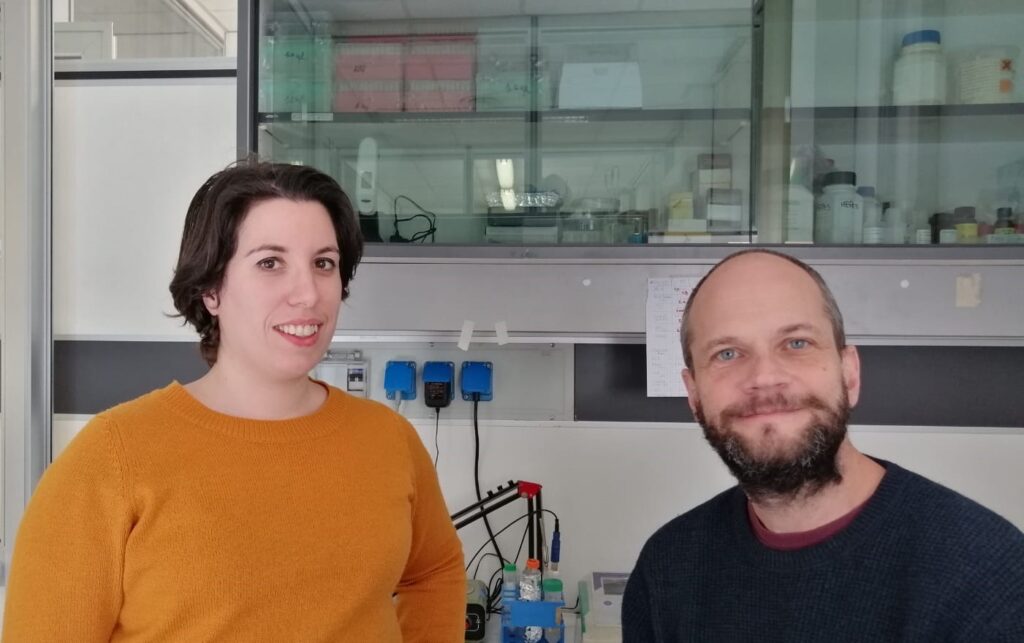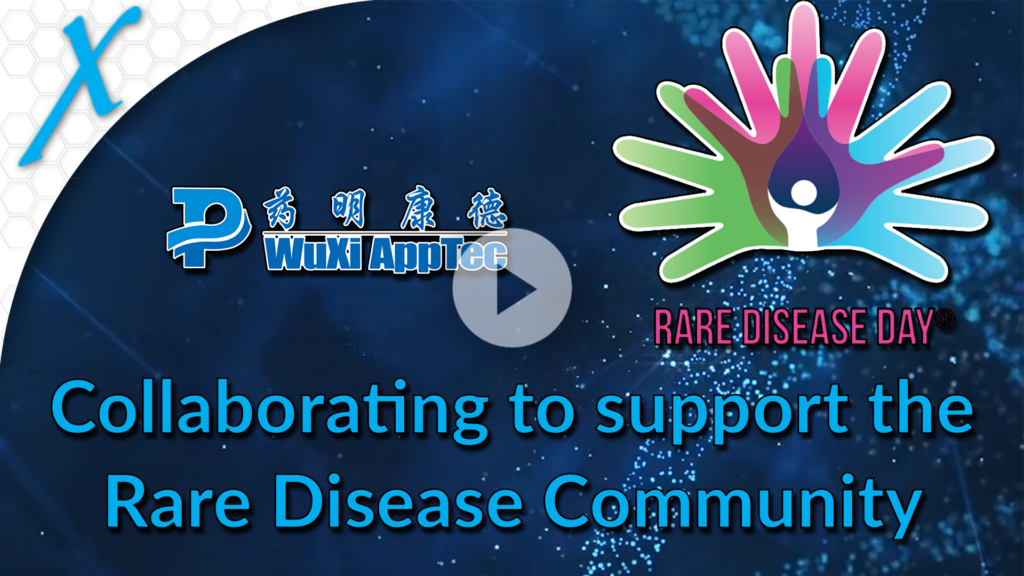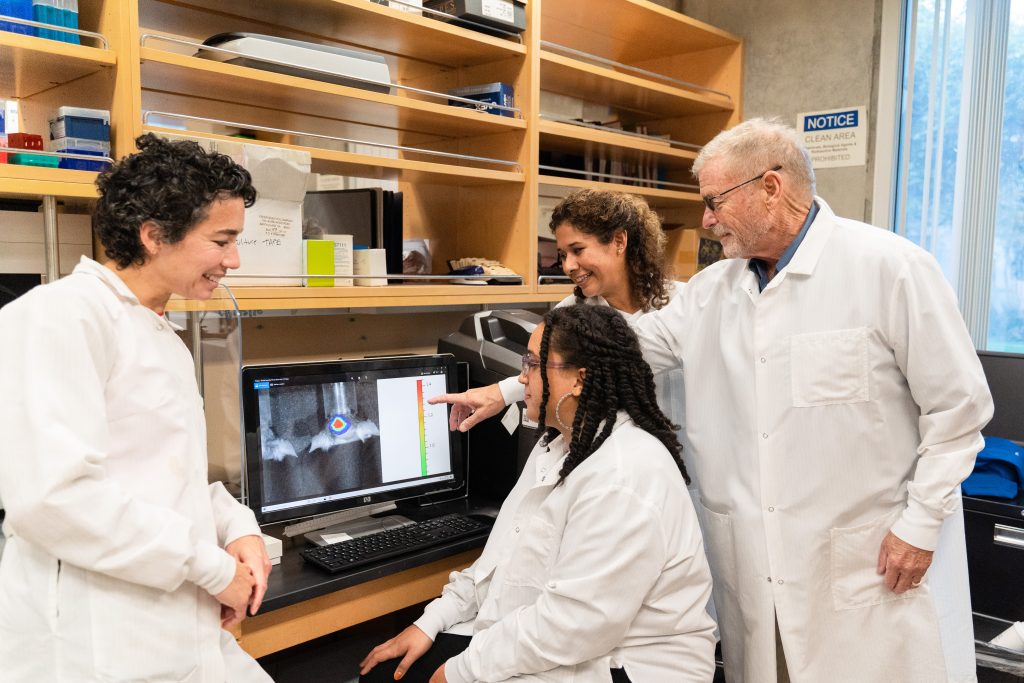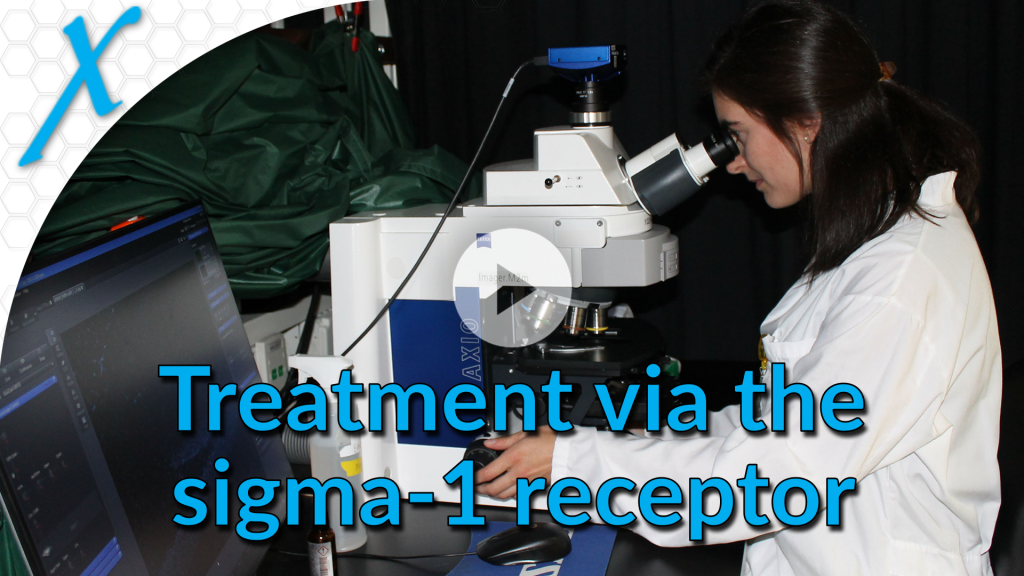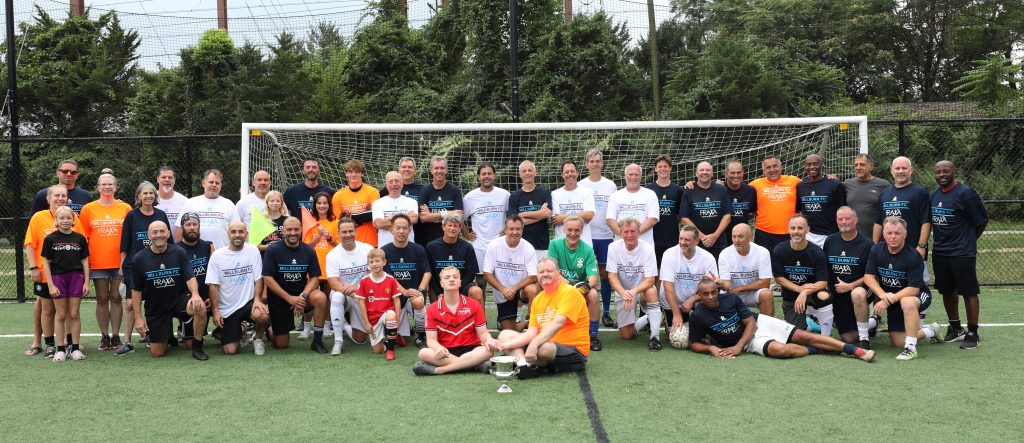Innovative Breakthrough in Fragile X Treatment: The Promise of Antisense Oligonucleotide (ASO) Therapy
This changes everything! FRAXA funded research introduces Antisense Oligonucleotide (ASO) Therapy, redefining Fragile X syndrome treatment and understanding.
Unraveling Fragile X Syndrome: New Insights into FMR1 Gene Reactivation
Discover groundbreaking methods for reactivating the FMR1 gene in Fragile X syndrome. Dive into the transformational research and the implications of self-healing at a cellular level.
Allos Pharma Advances Phase 3 Clinical Trial Design for Potential Fragile X Syndrome Treatment, Arbaclofen
Discover Allos Pharma’s advancements in a pivotal Phase 3 trial for Fragile X syndrome treatment, Arbaclofen. Learn how their FDA-informed trial design might finally bring hope to the Fragile X community.
Breakthrough Discoveries in Fragile X Research: Insights from Special Banbury Meeting on Curative Therapies
Explore the latest breakthroughs in Fragile X research unveiled at the recent Banbury Meeting. Discover novel strategies, from gene therapy to protein replacement, that bring hope for curative therapies.
Modeling Fragile X Syndrome using Multi-Region Human Brain Organoids
The team is developing new, more accurate Fragile X brain organoids to help researchers study neural circuit problems and accelerate testing of future treatments.
SRC Family Kinase Inhibitor as a Potential Treatment for Fragile X Syndrome
This $100,000 FRAXA grant will fuel the Smith lab’s new approach to treating Fragile X syndrome using Saracatinib, originally a cancer drug.
Fragile X Syndrome and Cancer Research: Unexpected Links and Opportunities for Collaboration
Discover unexpected links between Fragile X Syndrome and cancer. Studies show people with Fragile X have much lower cancer rates. Explore new opportunities for collaboration in this promising research.
Using Exosomes to Discover Fragile X Biomarkers
Could a simple blood test show if a Fragile X treatment is working? This team is studying brain-derived exosomes as a new way to track treatment benefits.
FRAXA Investigator Lynne Maquat Awarded 2023 Gruber Genetics Prize
Dr. Maquat discovered NMD, a key surveillance system in the body that protects against mistakes in gene expression. With funding from FRAXA she is tackling Fragile X syndrome.
Coming Together for Rare Disease Day 2023
Today we mark Rare Disease Day. FRAXA is committed to advancing research on Fragile X, one of the most common rare diseases worldwide.
Sex-specific Learning Differences Found in Fragile X Patients, Mouse Model
Girls and women with Fragile X syndrome show different learning impairments relative to boys and men with the disease, a finding that was paralleled in a mouse model of the disease, a study found.
Targeting Cognitive Function in Fragile X Syndrome
Why do males and females experience Fragile X differently? This team is studying brain signaling pathways to uncover sex-based differences and guide treatments.
Validating Novel Inhibitors of ERK Signalling to Treat Fragile X Syndrome
This team is testing ERK inhibitors — drugs that may calm overactive brain signaling in Fragile X. Early results in mice show strong benefits with minimal side effects.
A Look Back at 2022 and Ahead to 2023 Research Prospects
FRAXA supporters met the $100K Giving Tuesday challenge—raising $269,744! Your actions truly spoke louder than words. Thank you!
Targeting Serotonin 1a Receptors to Reverse Neurobehavioral Phenotypes
Neurolixis’ new drug targets serotonin 1A receptors, showing promise in preclinical studies for Fragile X syndrome, funded by a FRAXA grant for future clinical trials.
Meet Ryder!
Meet #FriendofFRAXA Ryder! If you would like to nominate someone as a #FriendofFRAXA, we welcome all who have been touched by Fragile X, including friends, grandparents, siblings, professionals and companions alike to become a #FriendofFRAXA with the goal of putting a face to Fragile X for those who may not know someone directly.
10 Year Vision for Fragile X Research – Dr. Elizabeth Berry-Kravis & Dr. Patricia Cogram
In this video we hear from FRAXA Investigators Dr. Patricia Cogram, Professor at the University of Chile, and Dr. Elizabeth Berry-Kravis, Professor at Rush University Medical Center as they reflect on the progress that has been made and visualize what they see happening in the next 10 years for people living with Fragile X syndrome.
mRNA Therapy for Fragile X Syndrome
Dr. Kathryn Whitehead helped develop the science behind the COVID-19 vaccines. Her team adapted this technology to deliver the Fragile X mRNA to brain cells.
$269,774 Raised for Fragile X Research on #GivingTuesday
Thank you for making #GivingTuesday historic! With matching gifts, FRAXA raised $269,774—an incredible show of support!
A Note of Thanks and Hope on This Giving Tuesday
Fragile X research matters. Each discovery brings us closer to treatments for autism and other brain disorders. Thanks to you, we have hope.
Clinical Trial Results Reported for Phase 3 CONNECT-FX Study of Zygel™
Results have just been published from Zynerba Pharmaceuticals’s phase 3 clinical trial of Zygel™ in the Journal of Neurodevelopmental Disorders. In this trial, 212 children and adolescents aged 3 to 17 years were given Zygel or placebo for 12 weeks.
Sigma-1 Receptor as a Therapeutic Target for Fragile X Syndrome
Researchers will test sigma-1 receptor drugs—like fluvoxamine, which activates this pathway—to see if they can correct Fragile X brain cell abnormalities.
Fragile X Clinical Trial of New PDE4D Inhibitor from Tetra
A $200K FRAXA grant enabled a successful Phase 2 trial of a PDE4D inhibitor for adult men with Fragile X, showing strong cognitive gains without side effects or tolerance.
$19,600 Raised For Fragile X Research at Callum Cup VI
The Callum Cup is back! This beloved Millburn FC charity match has raised $94,600 for Fragile X research over 7 amazing years.



